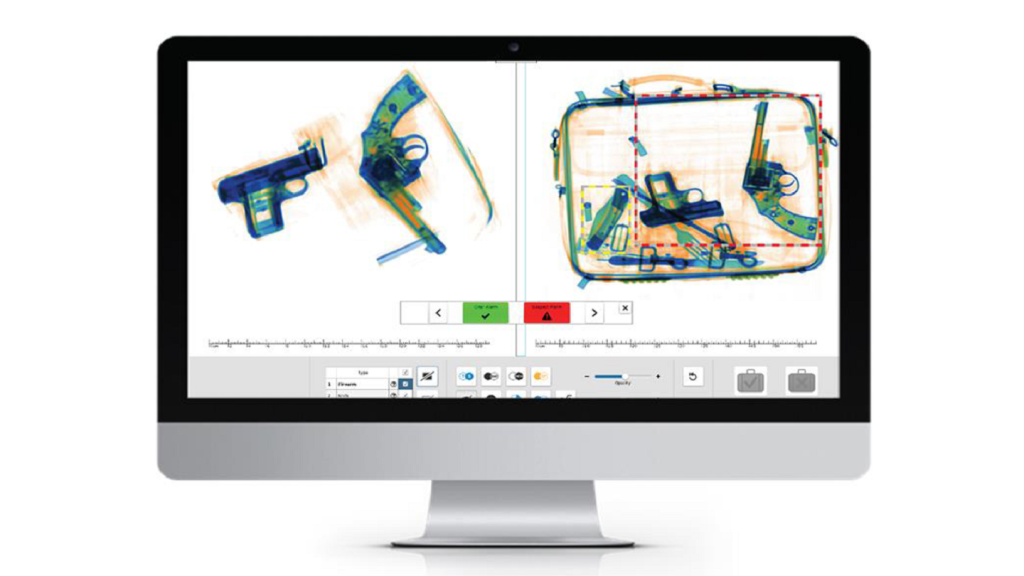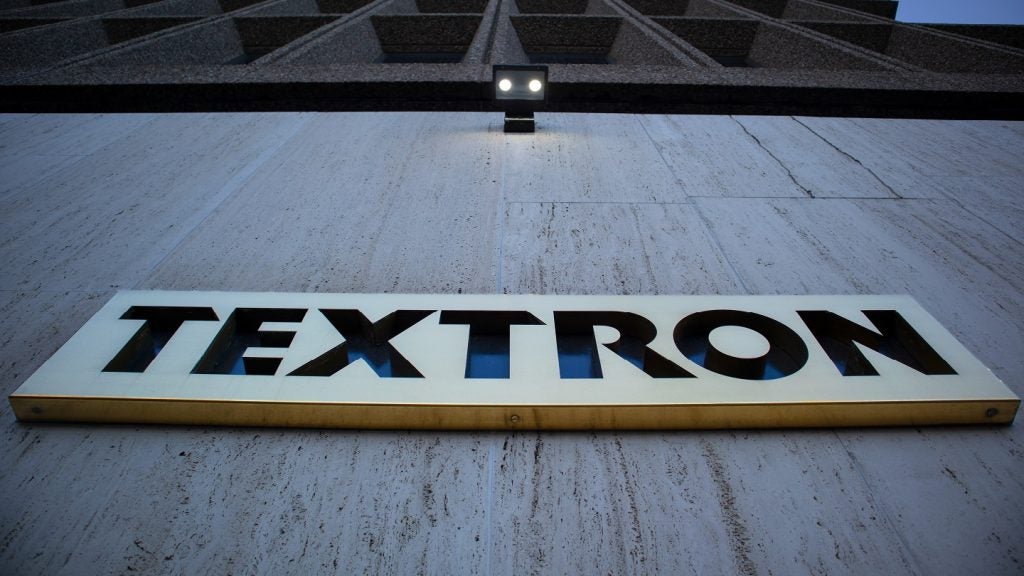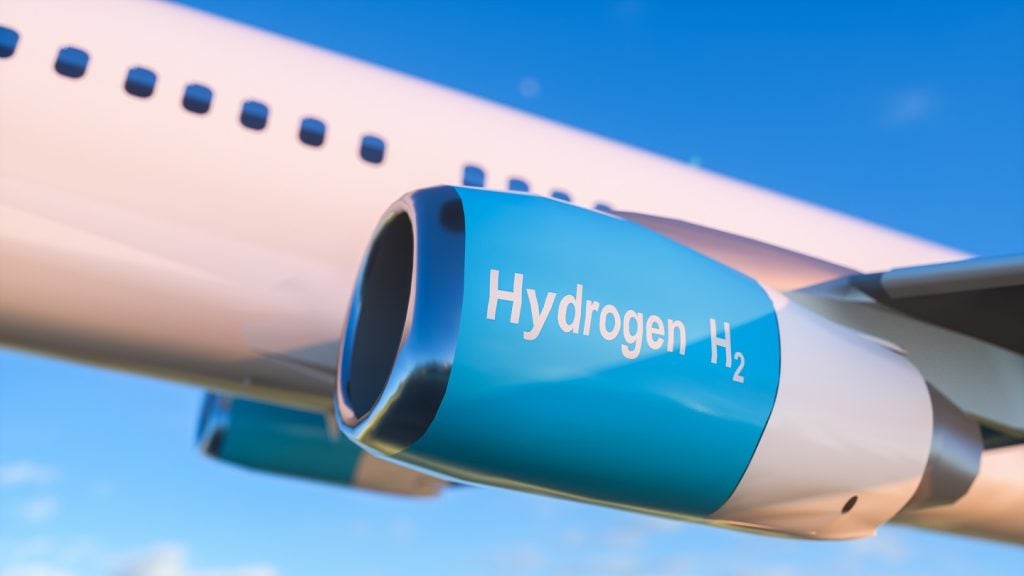Harris has produced 81 automatic dependent surveillance-broadcast (ADS-B) 1090 Extended Squitter receiver payloads to facilitate Aireon’s global air traffic surveillance service.
Completed ahead of schedule, the ADS-B payloads represent the largest implementation of a hosted payload solution ever attained.
The payloads are being installed in the Iridium NEXT satellites, which operate as an independent air traffic surveillance system.
Each payload is capable of receiving ADS-B messages containing an aircraft’s position, speed and heading, which can be transmitted to Aireon’s operations centre.
The centre will then distribute the information to air navigation service providers (ANSPs) and other customers.
Aireon CEO Don Thoma said: "These highly sensitive payloads allow the reception of an aircraft’s ADS-B messages from space, at a surveillance grade level, in real-time.
How well do you really know your competitors?
Access the most comprehensive Company Profiles on the market, powered by GlobalData. Save hours of research. Gain competitive edge.

Thank you!
Your download email will arrive shortly
Not ready to buy yet? Download a free sample
We are confident about the unique quality of our Company Profiles. However, we want you to make the most beneficial decision for your business, so we offer a free sample that you can download by submitting the below form
By GlobalData"Combined with the global capabilities and reliability of the Iridium NEXT satellites, it will create the world’s first global air traffic surveillance service and enable ANSPs to meet safety and capacity goals, transforming the state of air traffic management."
The Aireon-hosted payloads use Harris’s AppStar reconfigurable payload platform.
Harris Space and Intelligence Systems Responsive ISR Programmes vice-president Janet Nickloy said: "Congratulations to the Aireon team for achieving this momentous milestone. Their drive and creativity will have a global impact for air travellers, as well as improve our environment, for years to come.
"Harris is honoured to contribute to this transformational capability and proud to join with Aireon and Iridium on setting the record for space-based hosted payloads."
In 2018, the space-based ADS-B system will become operational following the completion of the Iridium NEXT constellation, which is due to launch later this year.







